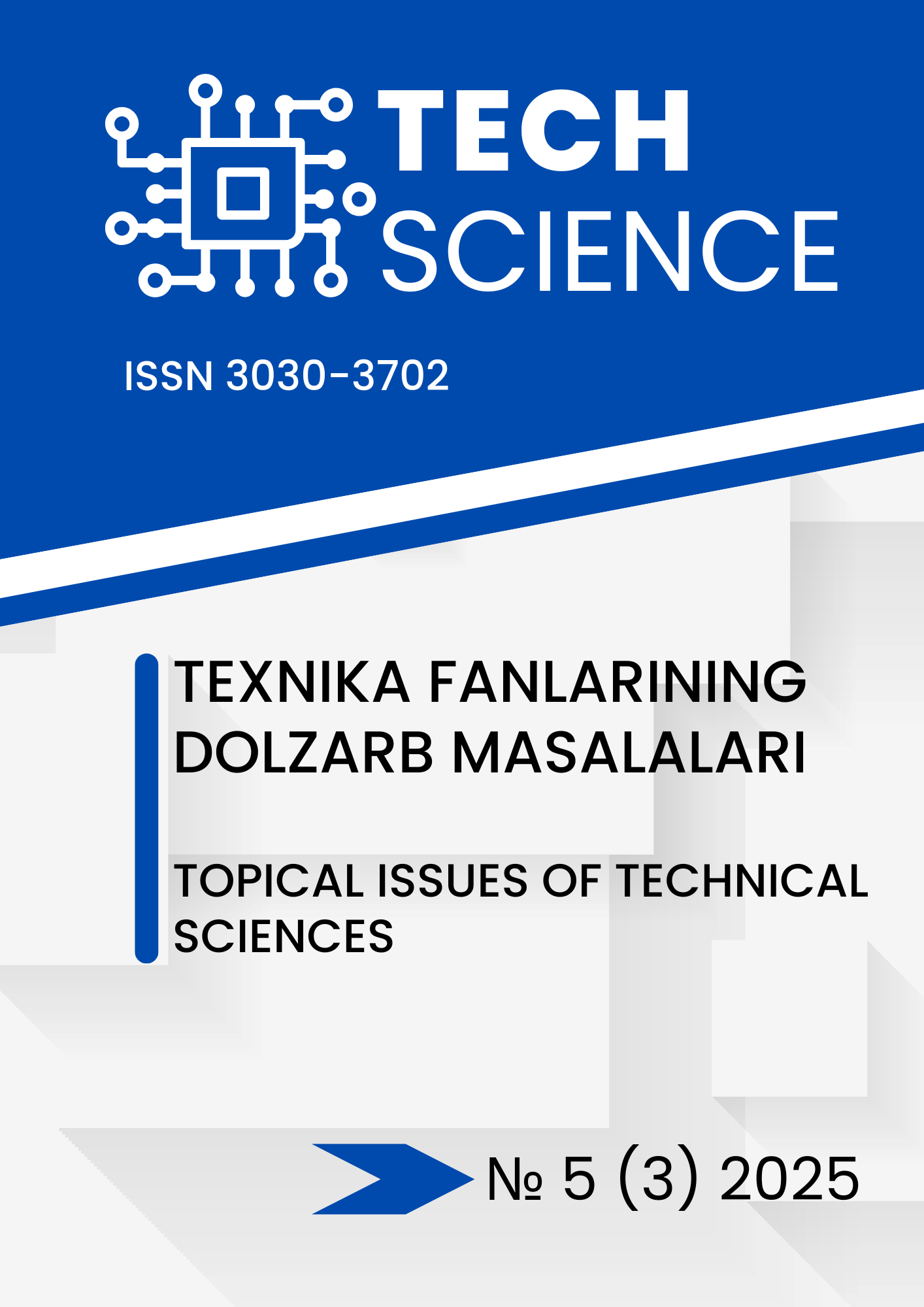ARTIFICIAL INTELLIGENCE IN ONCOLOGY: APPLICATIONS, CHALLENGES, AND FUTURE DIRECTIONS
DOI:
https://doi.org/10.47390/ts-v3i5y2025N1Keywords:
artificial intelligence, early diagnosis, genetic markers, clinical decision support systems, bioinformatics, machine learning, personalized therapyAbstract
Modern medicine — and oncology in particular — is on the verge of integrating artificial intelligence (AI) into routine clinical practice. This article highlights some of the most successful initiatives showcasing how AI is being applied in diagnosing and predicting the progression of cancer. Existing clinical decision support systems that incorporate neural network-based oncology diagnostic modules are examined. For the first time, the limitations of AI applications in oncology are discussed, along with strategies to address these challenges.
References
1. Nam JG, Park S, Hwang EJ et al. Development and validation of deep learning–based automatic detection algorithm for malignant pulmonary nodules on chest radiographs. doi:10.1148/radiol.2018180237 // Radiology. 2019;290(1):218–228. URL:https://pubs.rsna.org/ doi/10.1148/radiol.2018180237 (access date: 29 April 2022). ISSN (Online) 1527-1315.
2. Du D, Feng H, Lv W et al. Machine Learning Methods for Optimal Radiomics-Based Differentiation Between Recurrence and Inflammation: Application to Nasopharyngeal Carcinoma Post-therapy PET/CT Images. doi:10.1007/s11307-019-01411-9 // Mol Imaging Biol. 2020;2(3):730–738








